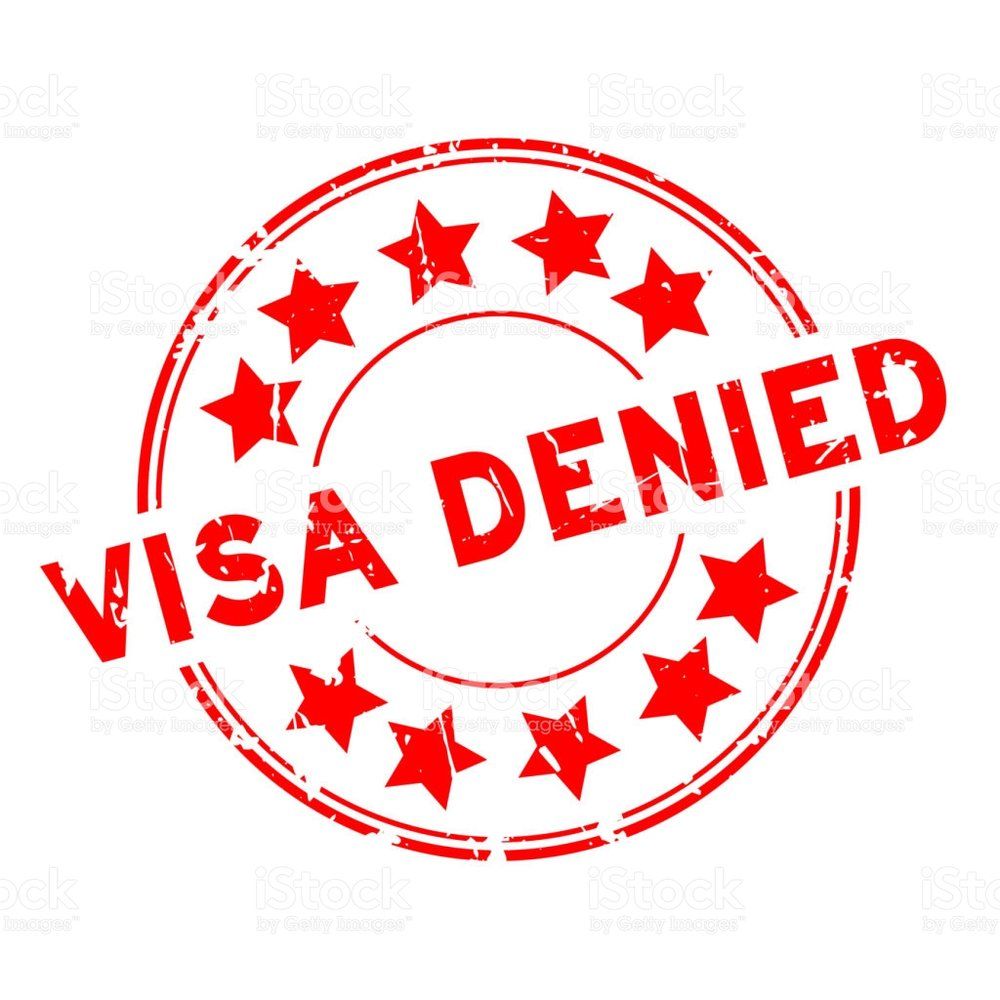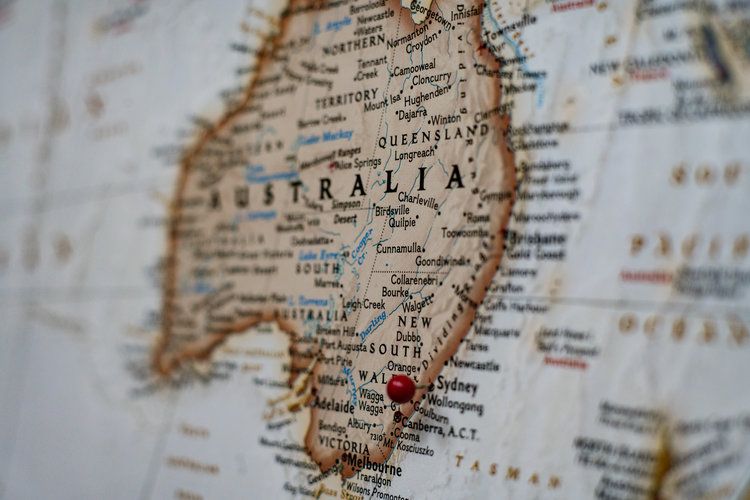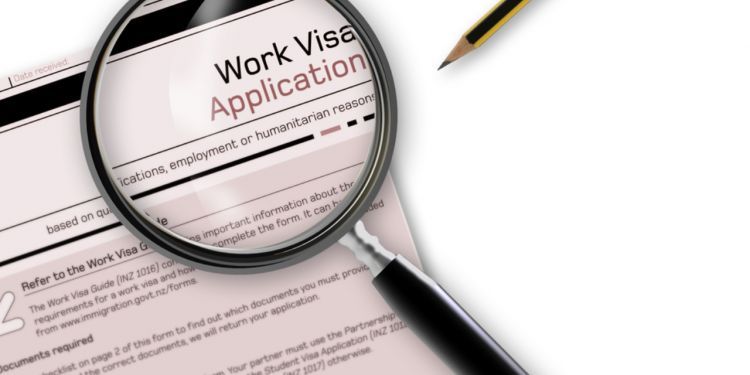What to expect from Australia’s new migration strategy in 2024
By Elly Fleming
20 December 2023
On 11 December 2023, the Australian Government released its Migration Strategy, which will overhaul the country’s migration programme over the next decade. The strategy builds on findings from the April 2023 Review of the Migration System – the first comprehensive review of Australia’s immigration system in a generation.
The new strategy introduces five core objectives that will underpin the new system:
- Raising living standards for Australians.
- Ensuring a fair go in the workplace.
- Building stronger Australian communities.
- Strengthening international relationships.
- Making the system work.
Here, we give a brief summary of the strategy’s broad initiatives and what can be expected in 2024.
New pathways for temporary skilled migration
The current Temporary Skill Shortage (TSS) Visa (Subclass 482) will be replaced with a four-year, pathway-to-residence Skills In Demand (SID) Visa by the end of 2024. This new visa category will give workers more ability to move between approved employers by increasing the period they have to find a new sponsor from 60 to 180 days and potentially spreading employer levies over the life of the visa. These will be welcome changes for many skilled workers seeking to migrate to Australia.
The SID Visa will have three slightly different ‘pathways.’
- Specialist Skills Pathway: All occupations (excluding trades, machinery operators and drivers or labourers). The annual salary must be indexed to the new Specialist Skills Threshold, currently AUD$135,000 per year.
- Core Skills Pathway: This will be the largest ‘pathway’, covering occupations on the Core Skills Occupation List. Salary must meet the Temporary Skilled Migration Income Threshold, which is currently AUD$70,000.
- Essential Skills Pathway: Details on this pathway are still being developed. Consultation on how this ‘pathway’ will best support lower-paid workers with essential skills is anticipated for early- to mid-2024.
All SID Visa holders will have a pathway to permanent residency and time spent working for any approved employer will count towards permanent residency requirements.
Permanent skilled migration
Details on reform to permanent skilled migration are still under development, with consultation expected in 2024.
There is a commitment to reforming the points test, and to exploring a new Talent and Innovation Visa for migrants who can drive growth in ‘sectors of national importance.’ While this new visa is being considered, no more places will be provided under the existing Business Innovation and Investment Visa.
International education system
There are a number of proposed reforms to the international education sector and student visa programme, including:
- Introducing a new Genuine Student Test for all international students.
- Changing the prioritisation of student visa processing based on the risk-level of education providers.
- Increasing English language requirements for international students from early 2024, depending on their applicant category.
- Reducing the age limit for Temporary Graduate visa applicants to under 35 (down from 50).
- Reducing the length of Temporary Graduate visas depending on the type of degree.
Strengthen protection for visa-holding employees
Coming into effect immediately are stronger protections for visa holders. Under a ‘comprehensive suite of legislation, powers, penalties and policies’ the strategy aims to combat issues of migrant exploitation and improve the system’s overall integrity.
Many of the strategy’s announcements are still preliminary and will have to undergo consultation. Pitt & Moore will continue to monitor how these developments pan out and what they will mean for employers and skilled migrants.
Simplifying the migrant system
The Government is aiming to make the current migration system more user-friendly for Australian employers and visa applicants. There is a new commitment to remove over 20 unnecessary and duplicated visas.
Get legal / immigration advice
If you are not sure if you have a right to enter Australia or which visa matches what you want to do in Australia, get legal/immigration advice before you travel or submit your visa application. Contact us for professional legal advice that will give you peace of mind.







